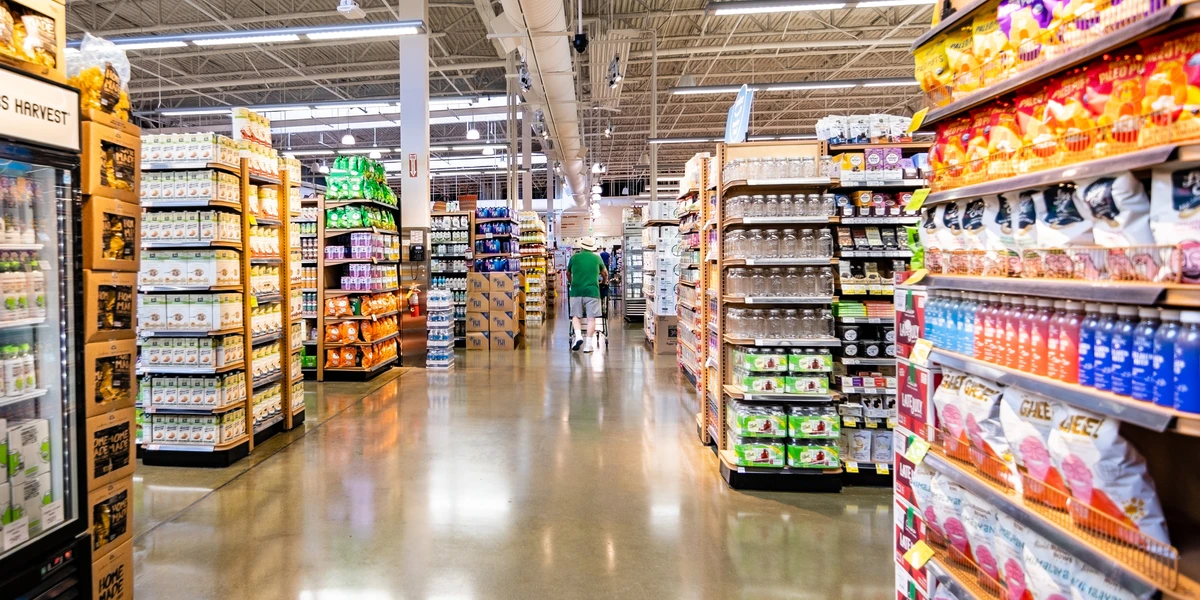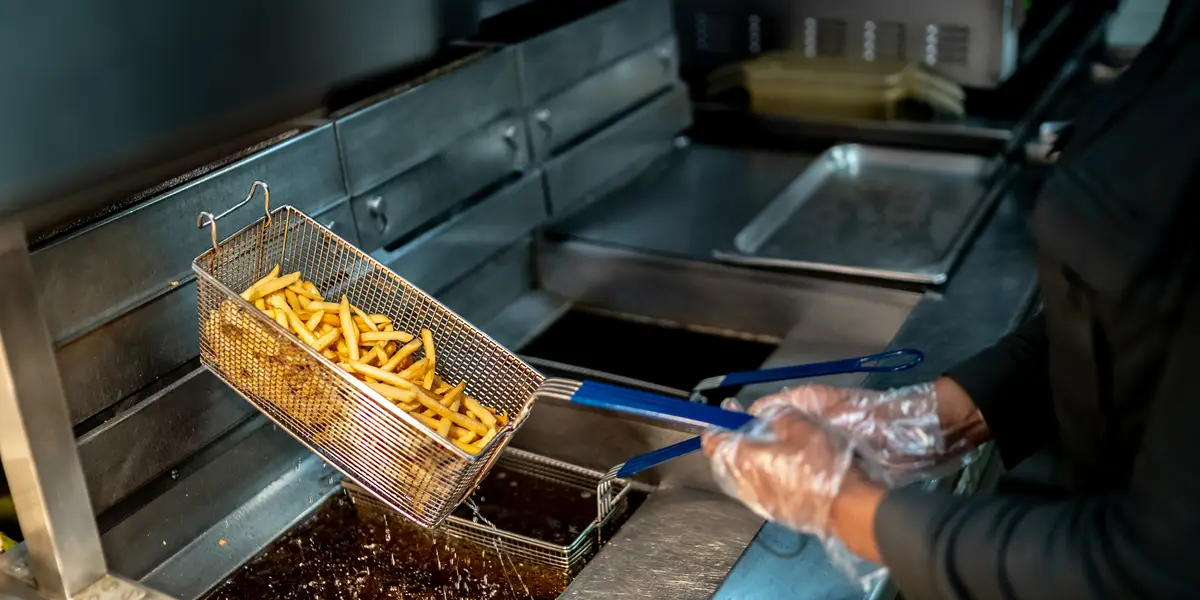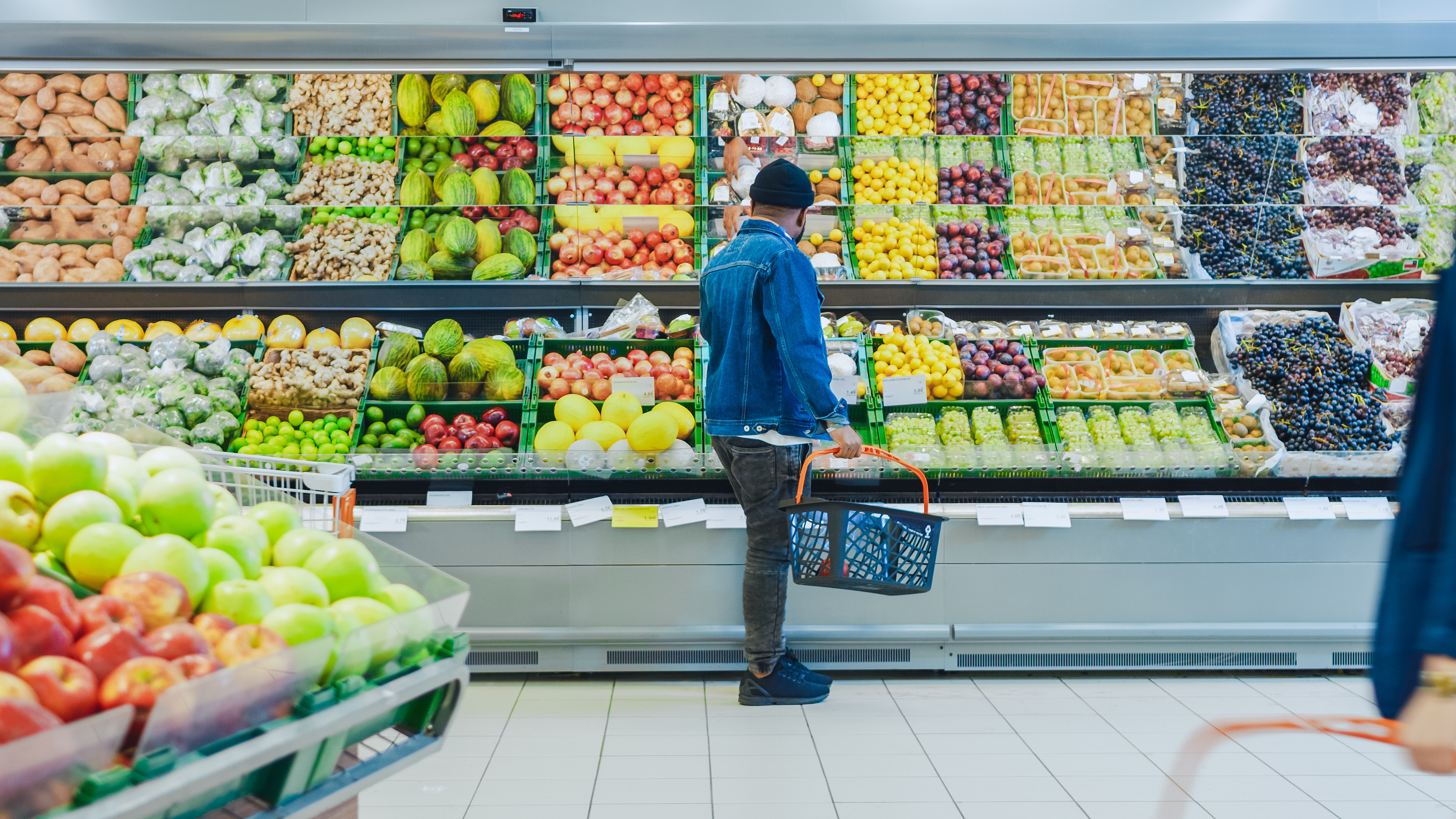When it comes to conscious capitalism, yogurt behemoth Chobani has caught plenty of attention. While issues pertaining to how companies can adopt AI and machine learning, digitally transform brick-and-mortar stores, and leverage new technologies to reduce attrition and increase safety were front-and-center at the recent National Retail Federation (NRF) 2023: Retail’s Big Show in New York City, numerous retail executives spoke about what Chobani’s CEO, Hamdi Ulukaya, described as conscious capitalism.
What is Conscious Capitalism?
Conscious capitalism, also known as stakeholder capitalism, is a socially responsible economic philosophy that encourages businesses to operate ethically while they pursue profits. The idea is to serve all stakeholders, including employees, management teams, shareholders, the community, and the environment.
Like the catalyst for so many great business case studies, Hamdi Ulukaya, a Turkish immigrant, identified a problem when he moved to the U.S. in 1994; he didn't like the taste of yogurt being produced domestically and decided to make his own.
Nearly three decades later, Chobani's yogurt market share in the U.S. rose from less than one percent in 2007 to more than 20 percent in 2021. Chobani's vast growth has earned the company the title of the top-selling Greek yogurt brand in the U.S. and operator of the largest yogurt facility in the world.
How did Chobani do it?
As demand for Chobani's yogurt increased, so did the company's need to hire more workers quickly. In 2005, Chobani's first manufacturing plant was an 85-year-old yogurt factory in upstate New York owned by Kraft Foods, which had decided to get out of the yogurt business. During his NRF keynote address, Ulukaya remarked that a regional bank and the Small Business Administration split the risk of a million-dollar loan to help put Chobani in business. Ulukaya stressed the importance of people, their communities, and creating positive relationships between those communities and his company. Ulukaya was able to rehire long-time New Berlin residents who lost jobs with Kraft and tapped into a populous refugee community in nearby Utica. In doing so, Ulukaya paired the needs of the community with the needs of his business, successfully reaching the harmony of conscious capitalism.
Still, barriers to employment existed for Ulukaya and the refugees he wished to employ. Many Utica refugees from Africa and Southeast Asia didn't speak English, so Ulukaya hired translators. As of February 2022, approximately 30 percent of Chobani’s manufacturing workforce comprised immigrants and refugees who speak at least 20 different native languages.
In addition, many refugees did not have travel accommodations, so Ulukaya provided buses — Ulukaya's commitment to investing in refugees paid off. By 2012, the plant's capacity in New Berlin had maxed out, and Ulukaya built the largest yogurt factory in the world in Twin Falls, Idaho. As of September 2021, roughly one-third of the Twin Falls plant workers were refugees or immigrants.
Creating Sustained Impact
To help other businesses emulate Chobani's success with the refugee community, Ulukaya launched the Tent Partnership for Refugees in 2016, a business coalition that mobilizes companies to hire, train, and advocate for refugees. Tent had over 50 companies committing over 20,000 jobs within the first few months of its initial launch and has grown exponentially since.
The Russian war in Ukraine, the Taliban takeover of Afghanistan, and political and economic instability in Venezuela have caused the population of global refugees to increase rapidly. With U.S. corporations facing a historically tight labor market, many companies have already committed to investing in refugees. Amazon, Hilton, and PepsiCo were among 45 companies that committed to hiring more than 22,000 refugees over the next three years with help from Tent at the end of last year. As of March 2023, Tent has over 300 member companies in its coalition.
Simply hiring refugees does not make a company a proponent of conscious capitalism. By investing in sustained impact and capital deployment within refugee communities, Chobani has championed conscious capitalism as a core business practice. Ulukaya calls it a win-win-win for everyone involved:
- For corporations: refugees are highly dedicated workers that help companies improve retention rates.
- Among employers surveyed by the Fiscal Policy Institute in 2018, 73 percent reported a higher retention rate for refugees than other employees.
- For refugees: corporations provide reliable work and financial stability to help them positively contribute to and gain from the communities they live.
- The Biden administration plans to allow up to 125,000 refugees into the U.S. for the 2023 fiscal year.
- For consumers: buyers tend to support brands that are more socially responsible.
- Survey data obtained by Tent and NYU Stern School of Business in March 2022 showed that 63 percent of U.S. consumers are more likely to purchase from brands involved in helping refugees – exceeding the percentage of consumers that back brands selling fair trade products or environmentally-friendly products.
One of the most essential things that Ulukaya said at NRF was, "the moment a refugee has a job is the moment they stop being a refugee." Large corporations empowering refugees with jobs don't just build a more loyal, inclusive, and reliable workforce; they also showcase their power to positively impact all communities. Chobani and Tent Partnership are examples of the many ways companies intentionally invest in underserved communities.
Chobani has proven that being conscious with capital not only boosts positive social impact – it increases the bottom line.




